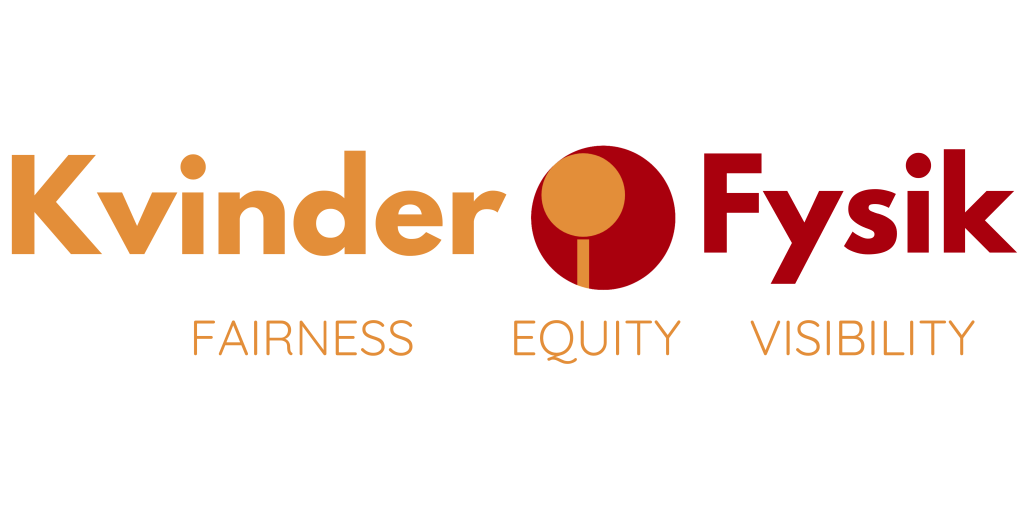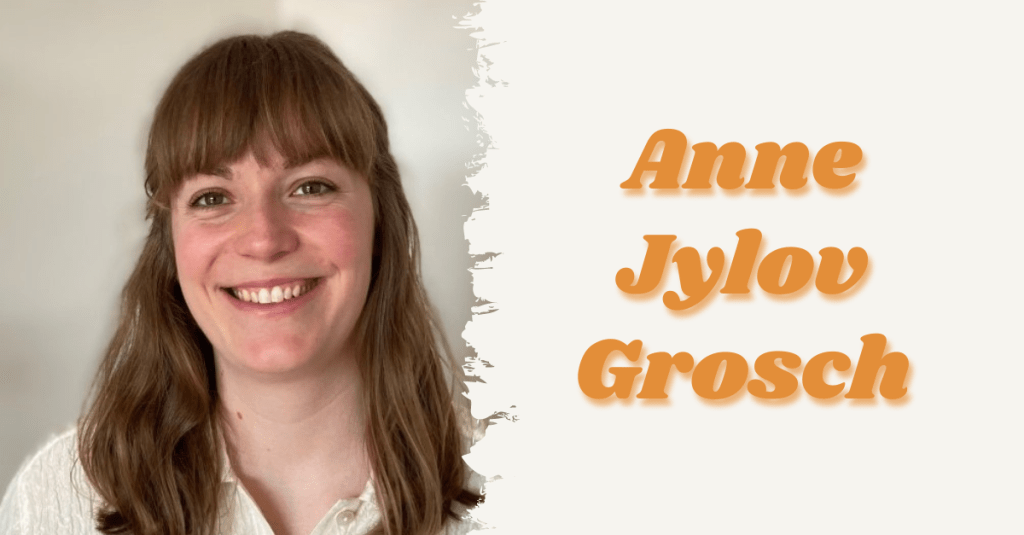Anne Jylov Grosch is a Data Engineer at the company CatMan Solution. She graduated from the Niels Bohr Institute at the University of Copenhagen with a MSc in Quantum Physics.
Please give a description of the work you do in your current position.
At CatMan Solution our primary objective is to empower our clients to get the most out of their data and extract actionable insights from them. We enable them to make decisions and take action based on the data that is available to them by using reports and analytics. In my current position my main focus is to develop and improve the infrastructure of the data platform on which we host our products. Among other things, that means ensuring data quality by doing data exploration and consolidating different data sources. Our many different customers have diverse requirements and wishes for their specific solutions, and part of my job is to incorporate and consolidate these needs into cohesive solutions. The data we handle have different shapes and sizes, so our solutions need to be robust and scalable. I develop flows for data pipelines to integrate the data into our platform and make sure that data is always refreshed and up to date. Error handling and monitoring has to be implemented as well, which testing and security will ensure. In the end we populate reports that our clients interact with.
What motivated you to study physics or engineering in the first place?
Throughout elementary school and high school math was always my favorite subject and I knew I wanted to continue studying at university. I didn’t enjoy the long and rigorous proofs used in math though, and I ended up picking physics since I thought it would be math but applied to the real world. Turns out physics also has plenty of tedious proofs, and it also didn’t help that I chose to specialize in theoretical condensed matter physics – this time I enjoyed it though.
What made you decide to pursue a career in the private industry?
When I graduated, I was more than ready to get out into the world and apply and improve my knowledge. My bachelor’s and master’s projects were definitely driven by interest and passion rather than real-world applicability. I really enjoyed immersing myself into these projects and having the opportunity to geek out on something very specific, but it felt impossible to actually make an impact or do something that would affect more than a handful of people in the entire world, if I were to continue on that path. I was really eager to make a difference and see results of the work I did, and a job in the private sector could provide that.
How do you use the skills you learned as a physicist or engineer in your work?
The most tangible skill I use in my job is the coding skills I gained when I studied. I switched coding languages several times during projects throughout university and the basic knowledge of how all of these technologies essentially work the same way makes it quite easy to adapt to new applications or softwares. Of course, I also have to mention the problem-solving skills physicists have. Being able to comprehend and analyze complex problems and figure out solutions without getting stuck on unimportant details or not being able to see the big picture is simply such an invaluable skill. In my experience the methodical and analytical mindset is highly encouraged at the physics studies, and that is also greatly appreciated in a data engineer.
What does being a physicist mean to you?
To me, being a physicist signifies deep rooted curiosity, hard work and appreciation of our world. It implies a relentless pursuit of understanding the fundamental truths that govern the universe and a determination to explore and understand whenever you encounter something unknown or an unfamiliar phenomena. At the same time earning the title “physicist” is a walk in the park to no one. But I believe that we are all driven by a sense of wonder and appreciation for the elegance of nature and intricate interconnectedness of all things.
What advice would you give to young people (in particular women and minorities) with a background in physics who would like to pursue a career in the private industry?
Don’t think you need to know it all or have all skills required in a job description before applying. That is just a wishlist from the company, and what you bring to the table is much more than your measurable skills. It’s your mindset, attitude, approach and ideas more than anything and often the job will grow with you. That’s also the exact reason that you should not feel like you’re locked into a certain career path when you land your first job. You can always switch fields, if you feel like something isn’t fulfilling in your current position. Gaining experience is always good and something you can use to your advantage.
Publication date: June 21st, 2024

